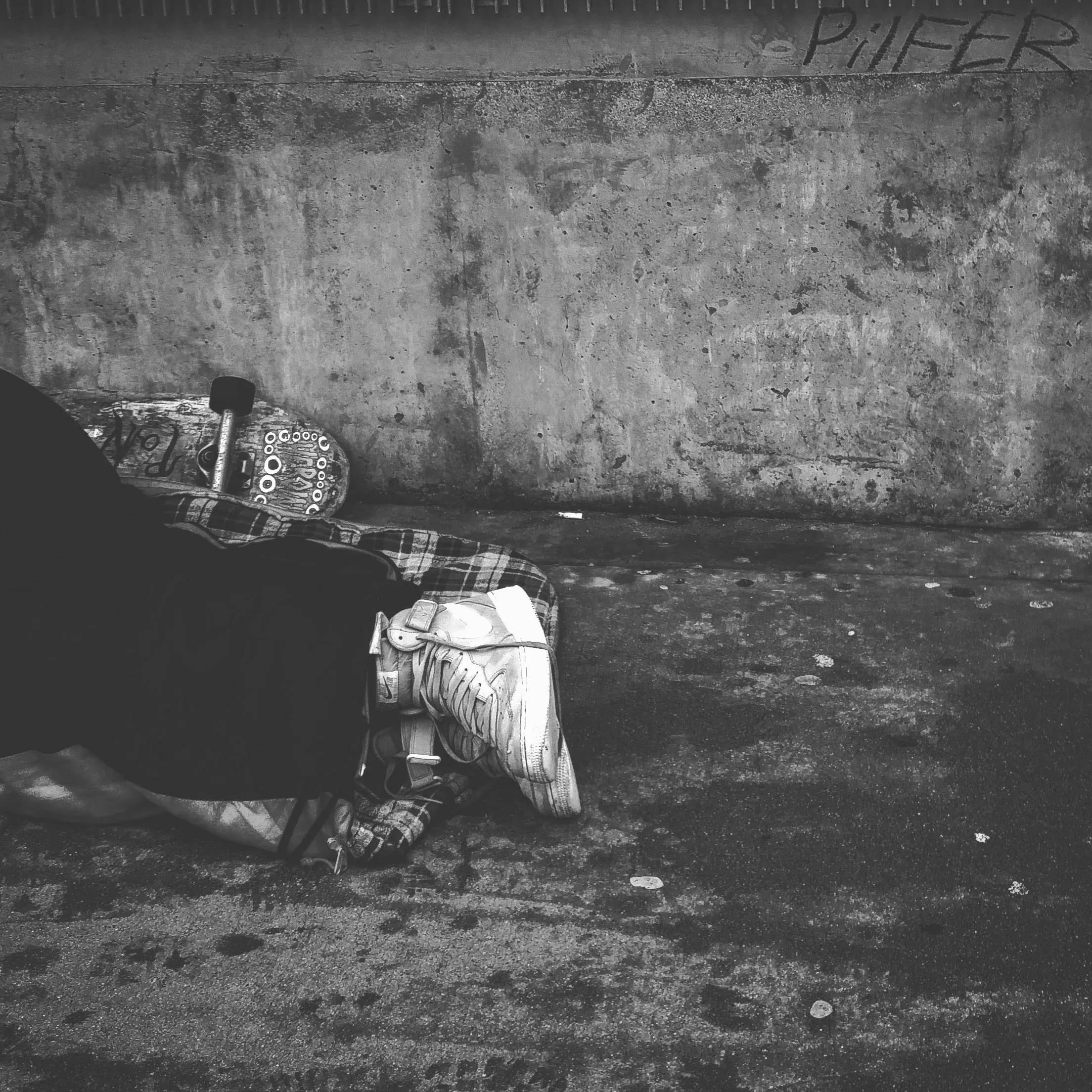5 Minutes - Article
How to Keep Safe and Warm in Alberta’s Coldest Months
Alberta winters are brutally cold. When the wind cuts through the air and temperatures sink below –30°C, most people head inside to bundle up.
But for youth without a safe place to call home, there’s no escape from the cold—it’s something they have to face every single day. Surviving winter becomes less about comfort and more about staying alive.
This guide offers practical tips that young people can use to keep warm and safe, while also reminding us that no one should ever have to learn how to survive winter without a home
- Layer up – Wear multiple thin layers instead of one bulky item.
- Cover hands, feet, head – Toques, gloves, socks, shoes to help keep heat in.
- Stay dry – Wet clothes make you colder; use garbage bags, cardboard, or newspapers for barriers.
- Find heat – Shelters, buses, libraries, stairwells, and warm drinks can save you from the cold.
- Use what you have – Plastic bags, extra shirts, or even warm water bottles can work as makeshift gear.
- Watch for frostbite/hypothermia – Numb skin, shivering, confusion, or exhaustion are danger signs.
- Stay connected – Outreach teams, shelters, and youth centres often have warm gear, food, and safe spaces.
If you’re a youth or young adult that is homeless AND facing active addictions or overcoming addictions:
- Don’t use alone – The cold slows your body down, and overdoses can be more dangerous in freezing weather. Having someone nearby can save your life.
- Warm up before using – Using while already cold or wet makes your body weaker and increases the risk of hypothermia.
- Keep naloxone close – Overdose risk doesn’t stop in winter. Make sure you or a friend has a kit.
- Find safer spaces – If you can, use nearby shelters, supervised consumption sites, or places where help is close by.
- Know your limits – Cold weather stresses your heart and body; even a “usual” dose can hit harder.
- Stay hydrated and eat when possible – It helps your body fight the cold and reduces some risks.
If it’s freezing and you (or someone you know) need help:
- Call or text 211 to connect to emergency shelter, housing support, or a Crisis Diversion team.
- Emergency help for basic needs: dial 1-866-644-5135
- Facing addiction or mental health struggles? Use the AHS helplines above.
- Need medical advice? Dial 811 anytime.
- In Edmonton, youth can call YESS, or outreach teams via 211 → press 3.
- In Calgary, contact Inn From the Cold or call the HELP Team at 403-263-8384 for location-based assistance.
